If your organization is involved in defense-related technologies, then you already understand the importance of ITAR compliance. However, with the increasing popularity of cloud-based IT solutions, it’s imperative to consider how ITAR compliance affects the cloud.
In this article, we will discuss the impact of ITAR compliance on cloud-based IT solutions—and how an IT consultation might be the next best step for your company.
What is ITAR Compliance?
The International Traffic in Arms Regulations (ITAR) is a set of regulations that control the export and import of defense-related articles, services, and technology. These regulations are enforced by the United States Department of State and aim to prevent the proliferation of sensitive defense-related technologies.
This includes any business handling sensitive data, products, or services in the defense industry. Failure to comply with these regulations can result in significant fines and penalties, since any violation has the potential to risk national security.
The Benefits of ITAR-Compliant Cloud Solutions
ITAR compliance is necessary for any business dealing with defense-related technologies. However, many organizations and IT consultations are now recommending cloud-based IT solutions due to their numerous benefits. Here are some benefits of using an ITAR-compliant cloud solution:
Enhanced Data Security
Since defense-related technologies are highly sensitive, it’s crucial to ensure that they remain protected at all times. ITAR-compliant cloud solutions offer advanced security measures, such as encryption and secure access controls, to safeguard your data from potential cyber threats.
Global Collaboration Opportunities
Cloud-based IT solutions allow for easy and secure collaboration between team members, regardless of their location. This enables organizations to work efficiently with international partners, as well.
Streamlined Compliance Processes
An ITAR-compliant cloud solution can help streamline compliance processes by providing a centralized platform for managing and monitoring sensitive data.
Challenges in ITAR Compliance for Cloud Solutions
While ITAR-compliant cloud solutions offer numerous advantages, there are also several challenges you may face. One of the biggest restrictions is location—all data must reside within the United States or be fully encrypted when stored outside of the country. Plus, there are limitations on which cloud services are allowed to store defense-related data and restrictions on who can access it.
However, with proper infrastructure management and IT consultation, you can overcome these compliance hurdles and ensure full ITAR compliance for your cloud-based IT solutions.
Strengthening Cloud Data Security Posture
Implementing robust data security measures is vital for defense-related organizations using the cloud. These measures prevent unauthorized access and leaks of sensitive information, which are paramount to maintaining national security and trust in defense technologies.
To secure ITAR-controlled data, organizations should implement the following measures:
- Multi-Factor Authentication (MFA)
- Data Encryption
- Regular Security Audits
- Compliance Training for Employees
- Secure Storage and Access Controls
The Role of Managed Service Providers (MSPs) and IT Consultation
As cloud-based IT solutions continue to gain popularity, it’s essential to work with a trusted MSP and seek professional IT consultation. These experts can manage your infrastructure in the cloud environment and ensure that your cloud solutions meet all necessary regulations. They can also provide guidance on best practices for securing sensitive data and maintaining ITAR compliance.
Next Step: Get An IT Consultation From Simple Services
At Simple Services, we have a team of experienced professionals who can help you understand the impact of ITAR compliance on the cloud. We offer comprehensive MSP services to ensure that your organization maintains compliance while maximizing the benefits of using cloud-based solutions. Contact us today for an expert consultation.


